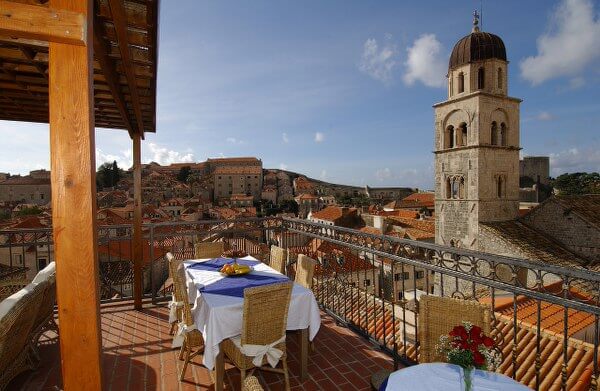About the County
 The Dubrovnik-Neretva County is the southernmost county in the Republic of Croatia. It encompasses an area of 1785 km2 and has about 127,000 residents.
The Dubrovnik-Neretva County is the southernmost county in the Republic of Croatia. It encompasses an area of 1785 km2 and has about 127,000 residents.
Territorially, it is organized into 22 local self-administration units, divided into 5 cities (Dubrovnik, Korčula, Ploče, Metković and Opuzen) and 17 municipalities (Blato, Dubrovnik coastal region, Janjina, Konavle, Kula Norinska, Lastovo, Lumbarda, Mljet, Orebić, Pojezerje, Slivno, Smokvica, Ston, Trpanj, Vela Luka, Zažablje and Župa Dubrovnik).
The centre of the county is the city of Dubrovnik. During its tumultuous history, many nations and maritime forces met and battled in this areas: the Byzantines, Saracens, Croats, Normans, Venetians, small princedoms and kingdoms and the Austro-Hungarian state, as well as the Roman-Germanic Empire, Osman, Hapsburg and Napoleonic empires. In the midst of these dividing lines, a small city such as Dubrovnik succeeded in using political skill to win a complete form of self-administration, such that it acted as an independent state, the Dubrovnik Republic, for centuries.
The specificity of the Dubrovnik-Neretva County is in its narrow and heterogeneous coastline, separated from the interior by a mountain range, and divided at Neum by the state border with Bosnia Herzegovina, while it has a natural connection to the interior and the northern Pannonic part of Croatia in the area of the Lower Neretva Valley. Thus, the territory of the county is comprised of two basic entities: the relatively narrow coastal area with its series of islands near the mainland and in the open sea (the most significant of which are the islands of Korčula, Mljet, Lastovo and those in the Elaphite archipelago), and the Lower Neretva Valley with its coastline.






